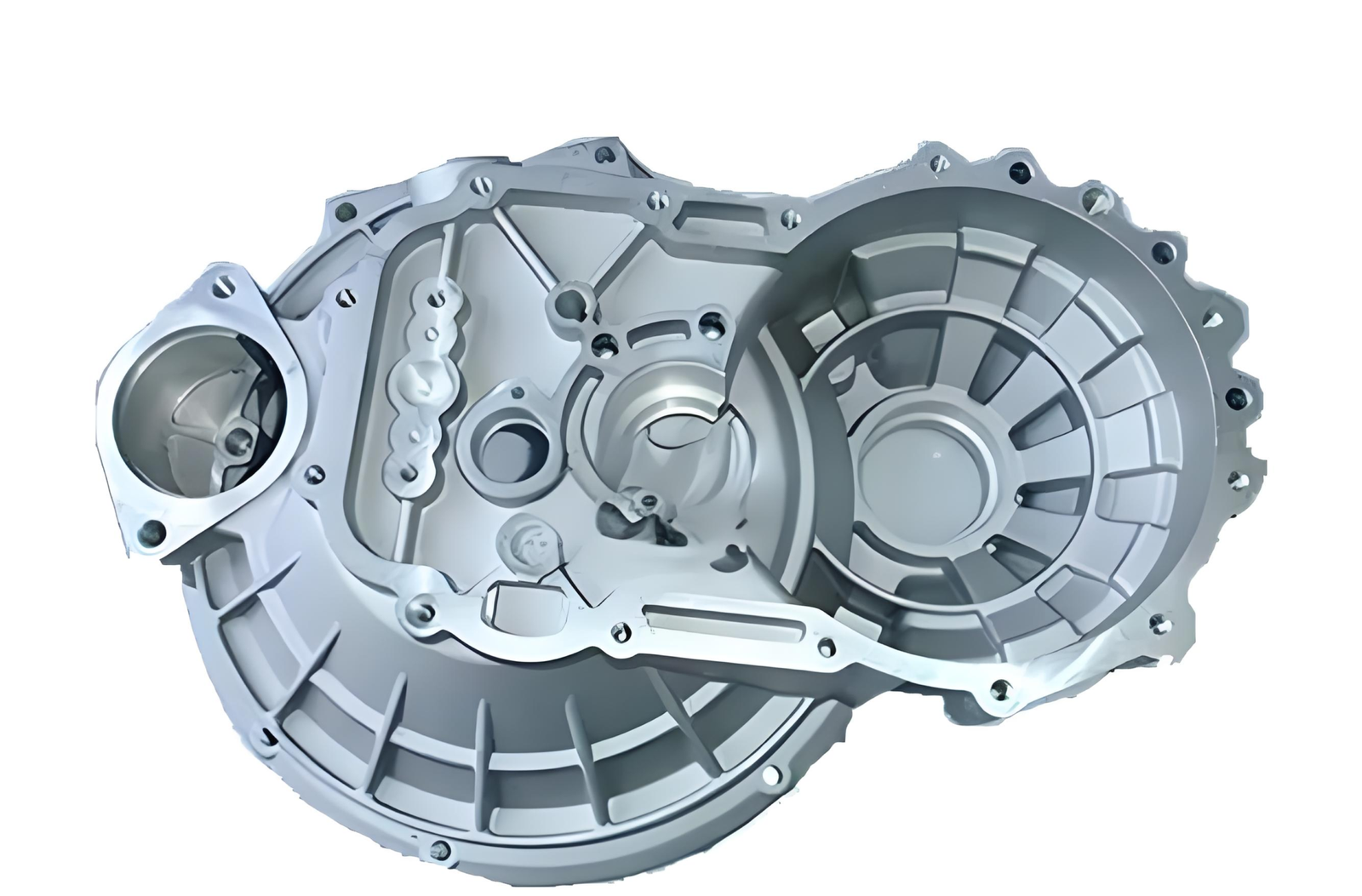
The future of prototype automotive components machining is evolving rapidly, and in 2024, we can expect further breakthroughs in precision, material innovation, and production efficiency. As companies such as Jupaicnc continue to push the boundaries of CNC machining, the automotive industry stands to benefit greatly from these advancements. Prototype automotive components machining is not just about creating functional parts; it’s about creating parts that drive the next generation of vehicle design, performance, and safety. At Jupaicnc, we understand the critical importance of this process, ensuring that each prototype component meets the highest standards of quality and precision. By integrating cutting-edge technologies and methods, we are paving the way for the next era of automotive manufacturing.
One of the key trends influencing the future of automotive components machining is the rise of smart manufacturing. The use of connected systems and real-time data is revolutionizing the way prototype components are created. With advanced sensors and machine learning algorithms, manufacturers are now able to predict wear and tear on machinery, optimize tool paths, and ensure consistent part quality throughout the production process. This shift toward intelligent systems allows companies to reduce waste, improve machining accuracy, and ultimately lower costs for automotive manufacturers. As the demand for high-performance automotive components continues to rise, this trend will play a pivotal role in driving efficiency and productivity.
Another significant trend that is reshaping prototype automotive components machining in 2024 is the growing demand for lightweight materials. With the push towards more fuel-efficient and environmentally-friendly vehicles, automakers are increasingly looking for ways to reduce the weight of their components without compromising strength or durability. Materials such as aluminum, carbon fiber, and titanium are becoming more common in automotive prototypes, and machining these materials requires highly specialized equipment and expertise. At Jupaicnc, we have invested heavily in advanced CNC machines that can handle these challenging materials, ensuring that our clients receive parts that are both lightweight and durable. This trend is expected to continue as the automotive industry strives to meet both environmental regulations and consumer demand for better performance and efficiency.
In 2024, the need for faster prototyping cycles is also driving significant changes in automotive components machining. Traditional manufacturing processes often required weeks or even months to produce a prototype part, but with the rise of advanced CNC machining and additive manufacturing technologies, prototypes can now be created in a matter of days. This reduction in lead times is crucial for automotive designers and engineers, who need to quickly test and iterate new ideas in the highly competitive automotive market. At Jupaicnc, we utilize state-of-the-art machining technologies to streamline the prototyping process, enabling us to deliver high-quality components in record time. This ability to rapidly prototype allows our clients to stay ahead of the competition and accelerate the development of new vehicles.
As we look to the future, the increasing importance of sustainability is another trend shaping the automotive components machining industry. In response to growing environmental concerns and stricter regulations, automotive manufacturers are focusing on reducing their carbon footprints and adopting greener manufacturing practices. This includes the use of more sustainable materials, the optimization of machining processes to minimize waste, and the adoption of energy-efficient machines. Jupaicnc is at the forefront of this movement, with our commitment to sustainable machining practices. By incorporating energy-efficient equipment and reducing material waste, we are helping our clients meet their sustainability goals while still delivering the high-quality prototype automotive components they need.
The shift toward automation is another critical factor that will influence the future of prototype automotive components machining. Automation allows for higher precision, consistency, and reduced human error, making it an essential part of modern machining practices. In 2024, the automotive industry is expected to see an increase in the use of robotic systems and automated CNC machines, which will further improve production efficiency. Jupaicnc has embraced this trend, incorporating advanced automation into our machining processes to ensure that every part is produced to exact specifications. The integration of automation not only improves the accuracy of prototype automotive components machining but also enhances our ability to meet tight deadlines and manage complex production schedules.
Finally, the integration of virtual reality (VR) and augmented reality (AR) technologies into the prototype automotive components machining process is set to revolutionize the industry in 2024. VR and AR are already being used to assist in the design and testing of prototype components, allowing engineers and designers to visualize parts in 3D before they are physically produced. This can significantly reduce errors and improve the overall design process. Additionally, these technologies can be used to train CNC operators, allowing them to quickly learn how to work with complex machinery and improve their skills in a virtual environment. At Jupaicnc, we are exploring the potential of VR and AR to enhance our machining processes and provide even greater value to our clients.
